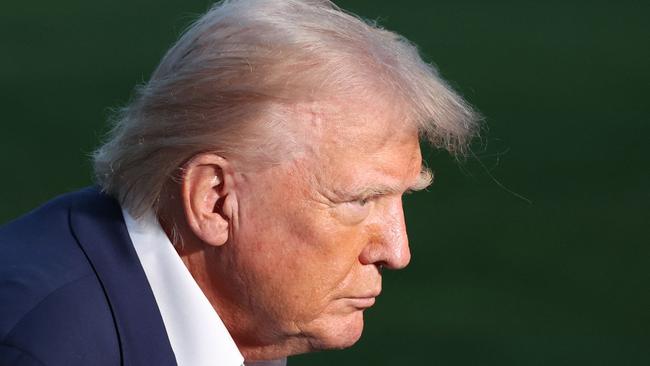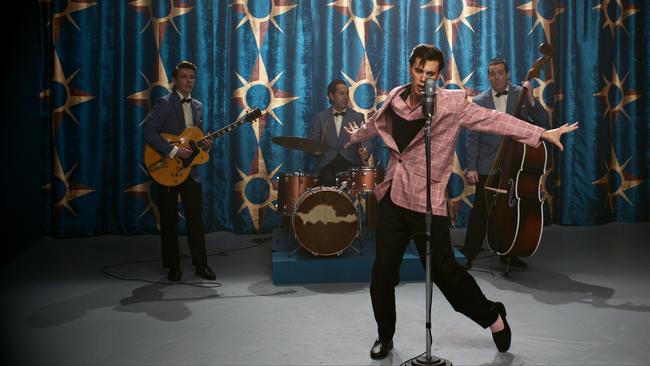Film expert Dr Darren Paul Fisher explains Trump’s 100 per cent movie tariffs
Trump’s 100 per cent tariff on movies made outside the USA has left a Gold Coast industry expert questioning just who will foot the bill. FULL DETAILS
Gold Coast
Don't miss out on the headlines from Gold Coast. Followed categories will be added to My News.
Gold Coast film expert Dr Darren Paul Fisher says President Donald Trump’s 100 per cent tariff on movies made outside the US needs clarity before its full impact is known.
The Bond University head of film, screen and creative media said the complexity of determining who pays the tariff will better determine who it affects and how it affects the Gold Coast.

“It’s a complicated beast – who pays and at what point,” he said.
“The ecosystem of making a film is very rarely kept within one country.
“Take the Harry Potter movies – because it’s all American money, it’s all Warner Bros, but they’re made wholly in the UK. Is that an American film, or a British film?”
Dr Fisher said if it was purely on where the film is shot, not who was financing it, then that would cop the tariff.
“A film owned by an Australian company, shot completely in California, will get no tariffs, yet all that money goes back out of America, straight into Australian pockets.”
The award-winning screenwriter, producer and director said a lot of productions were more complicated – so education and clarity on how these tariffs would work was essential.

“If I make a film anywhere and sell it to a distributor, that’s trade that is done internationally.
“So now an American company will have an Australian product that wants to go into the cinemas in the US. They don’t sell that to the cinemas, they just do profit share – so where does tariff come in? There’s no purchase from the cinema, the purchase price is in profit share so that means the consumer pays the 100 per cent tariff. Does this mean these films are going to be twice as expensive to see in the cinema, or is the cinema going to swallow it?”
Dr Fisher said the execution would be so complex it may completely undermine American films.

“In their head they want them to be wholly American, owned and wholly made in America,” he said.
“Almost no films are done like that these days, so what you might end up is just a tax on all films.”
It could mean a tax on all ticket prices overall, he said.




